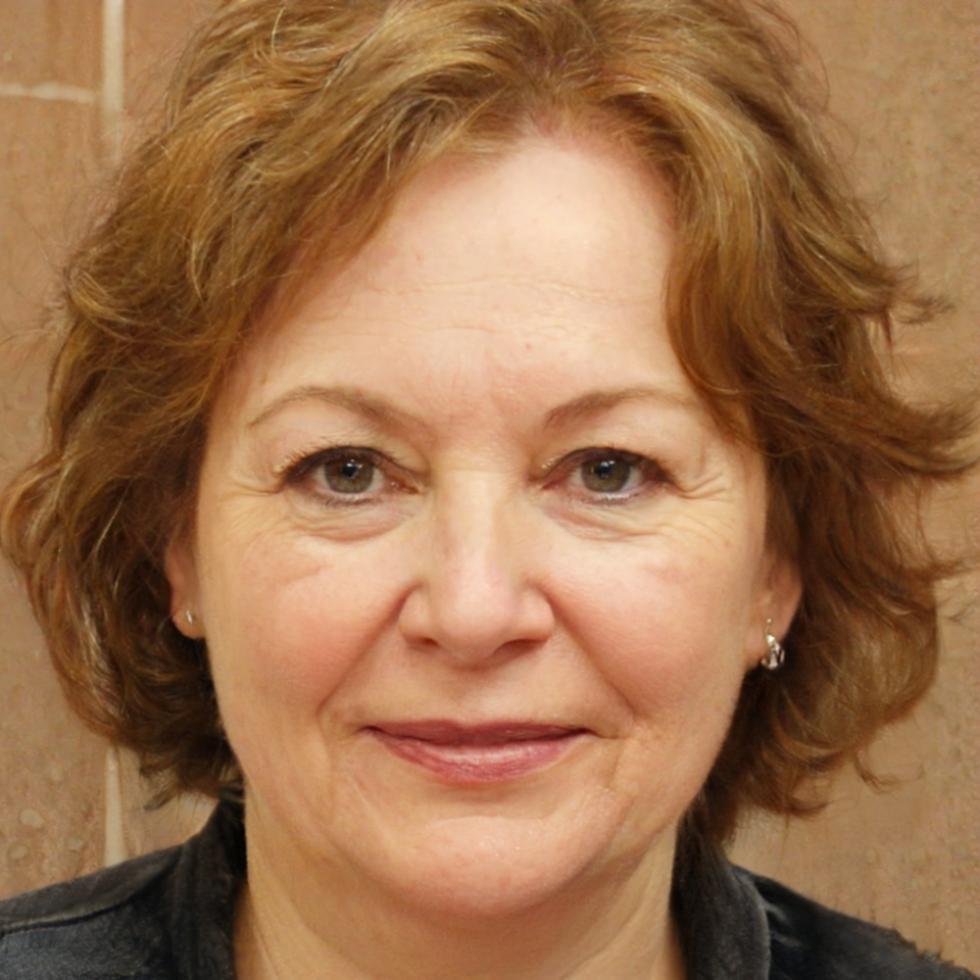Your Portuguese Pronunciation Path
Speaking Portuguese clearly isn't about being perfect. It's about being understood when you order coffee, chat with neighbours, or handle everyday situations with confidence. Our approach focuses on practical sounds that actually matter in real conversations across the UK Portuguese-speaking community.
Start Your Journey
Real Progress Stories
These aren't dramatic transformations. Just honest accounts from people who started somewhere and got better at pronouncing Portuguese sounds. Everyone's timeline is different.
Core Sound Modules
Six focused areas that build on each other. We don't rush through everything at once because that rarely works. Each module takes the time it needs.
Nasal Vowels
The sounds that make Portuguese distinctive. We break down ã, õ, and friends until they stop feeling foreign in your mouth.
R Variations
From the soft tap to the full roll. Different regions use different R sounds, so we cover the range you'll actually encounter in London.
Stress Patterns
Where you put emphasis changes meaning completely. We practise with real word pairs so you know why this matters beyond theory.
Reduction Habits
Native speakers swallow sounds constantly. You need to recognize these patterns and produce them naturally, not just textbook versions.
Linking Sounds
How words flow together in actual speech. The difference between sounding like you're reading and sounding like you're talking.
Practical Application
Using everything in realistic scenarios. Restaurant orders, phone calls, workplace interactions. The stuff you actually need.
What Makes This Different
Pronunciation teaching often gets bogged down in theory or jumps straight to conversation without building the foundation. We sit in the middle, focusing specifically on the sounds that trip people up most.

Specific Sound Focus
We isolate individual sounds rather than throwing full sentences at you immediately. Master the building blocks first, then combine them naturally.
Recording Analysis
You record yourself attempting sounds, then compare against native samples. This self-awareness accelerates improvement more than just mimicking in the moment.
Regional Variation
London has Portuguese speakers from various regions. We expose you to different pronunciation styles so you're not thrown when someone sounds different from what you learned.

